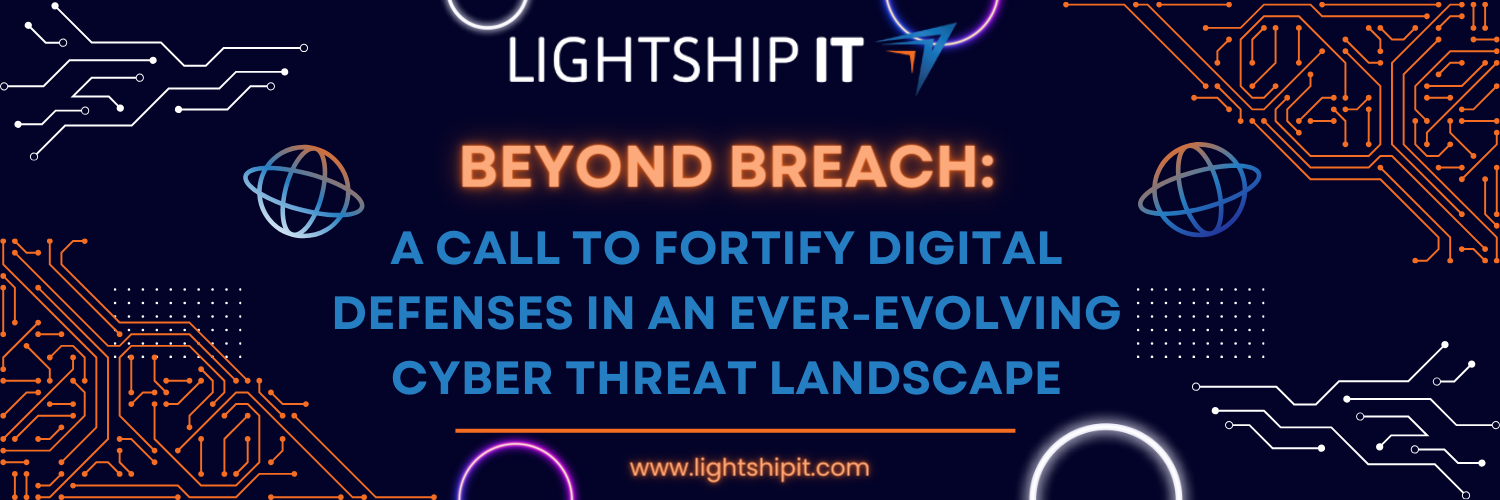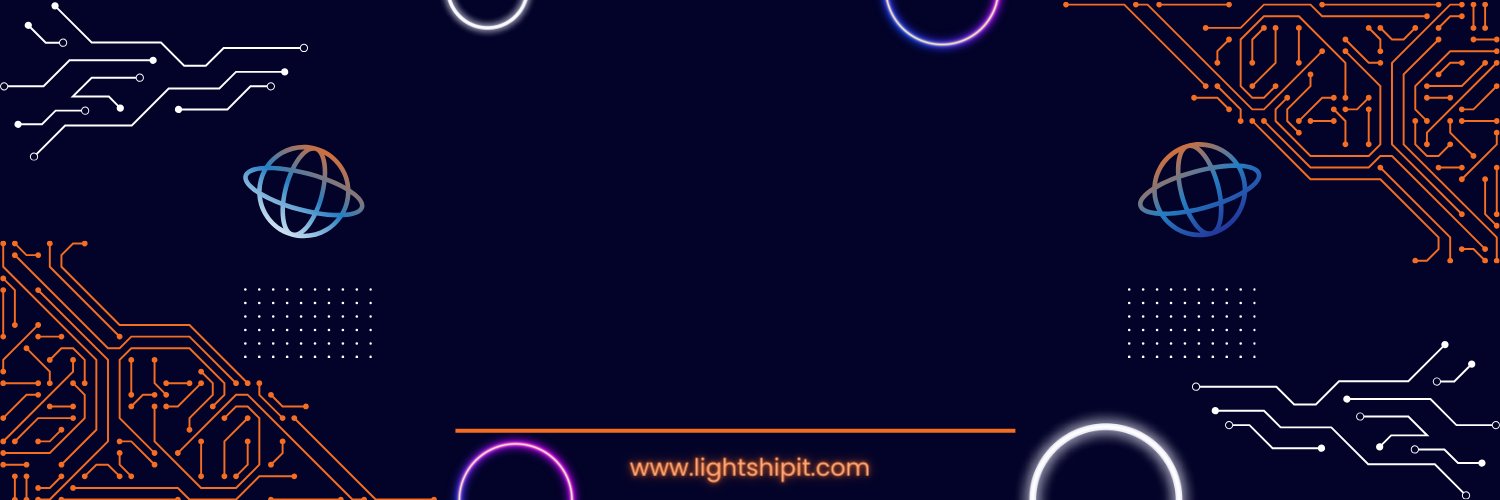
In an unsettling revelation that has sent ripples through the cybersecurity world, AnyDesk, a widely used remote desktop software, announced on February 2, 2024, that it had become the latest victim of a sophisticated cyberattack. This breach resulted in the unauthorized access to the company’s production systems, leading to the theft of vital assets including source code and private code signing keys. The incident not only underscores the persistent threats that software companies face but also highlights the ever-evolving landscape of cybersecurity challenges.
Understanding the Breach
The AnyDesk security breach is particularly alarming due to the nature of the stolen digital assets. Source code forms the backbone of any software application, and its compromise has far-reaching consequences. It can potentially provide attackers with insights into vulnerabilities within the software that can be exploited in future attacks. Even more concerning is the theft of private code signing keys, which are used to authenticate and ensure the integrity of software applications. With access to these keys, attackers could sign malicious software, making it appear as legitimate AnyDesk updates or tools, thereby tricking users into installing malware.
Why Does It Matter?
In response to the breach, AnyDesk took swift action by revoking the compromised certificates and urging its customers to reset their passwords as a precautionary measure. These steps, while necessary, only represent the initial phase of addressing the breach’s fallout. The potential misuse of the stolen source code and signing keys poses a lingering threat not just to AnyDesk but to the entirety of its user base, which spans individuals and organizations worldwide.
The incident is a reminder of the vulnerabilities inherent in digital infrastructure and the continuous need for robust cybersecurity measures. It highlights a critical lesson: no entity, regardless of its size or the nature of its services, is immune to cyber threats.
How Can I Protect Myself?
The AnyDesk breach offers several key takeaways for the cybersecurity community and software users alike:
-
The Importance of Vigilance: Continuous monitoring of systems and networks is crucial. Early detection of unusual activities can help prevent or mitigate the impact of such breaches. Employing an advanced detection and intervention team who, on your behalf monitor your systems 24/7, is a great place to start.
-
Robust Security Protocols: Companies must utilize comprehensive security protocols, including encryption, multi-factor authentication, and regular security audits, to safeguard against unauthorized access.
-
Incident Response Planning: A well-defined incident response plan can enable organizations to act swiftly in the wake of a breach, minimizing damage and restoring operations more quickly
-
User Awareness and Education: Users play a crucial role in cybersecurity. Continuing to educate the people at all levels of your organization about the importance of utilizing strong passwords, recognizing phishing attempts, and installing updates only from verified sources is vital.
-
The Role of Transparency: While AnyDesk’s openness about the breach is commendable, transparency in the aftermath of a cyberattack can help rebuild trust, ensure that stakeholders are informed and have the tools necessary to continue taking the proper precautions mitigating further damage.
Conclusion
The breach of AnyDesk’s systems is a sobering reminder of the persistent and evolving nature of cyber threats. The broader implications for cybersecurity cannot be ignored.
In the end, cybersecurity is not just the responsibility of software companies or IT professionals; it is a collective endeavor that requires the active participation of all stakeholders. If you have any questions regarding cyber security best practices and the ways you can help prevent something like this from happening to you, the experts at Lightship IT are ready to answer them and provide a complimentary consultation and cyber risk assessment.



